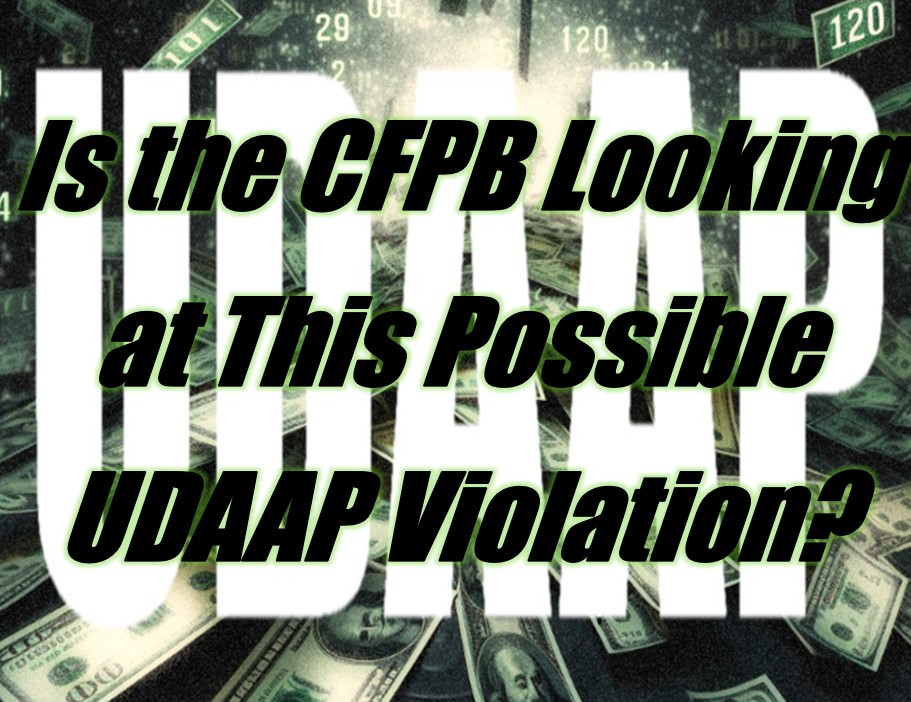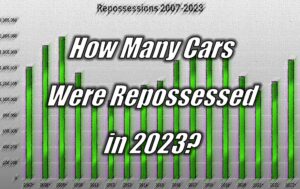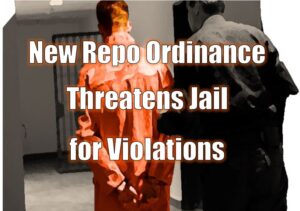Price Fixing?
Guest Editorial
It has been brought to my attention by numerous members of our industry that several clients and forwarding entities may be setting themselves and the agencies that handle their recovery assignments up for a visit from the CFPB to investigate a possible UDAAP violation aa well as a price fixing violations by requesting that agencies provide a flat recovery fee that encompasses voluntary as well as involuntary recoveries with no consideration for required ancillary expenses or mileage.
Before we explore the possibility of violations, first let us look at the definition of UDAAP to have a clear understanding of what might constitute a violation.
UDAAP is the is an acronym that refers to Unfair, Deceptive, or Abusive Acts or Practices by those who offer financial products or services to consumers. UDAAPs are illegal, according to the Dodd-Frank Wall Street Reform and Consumer Protection Act of 2010. The rules about UDAAPs were created by the Consumer Financial Protection Bureau (CFPB). Enforcement is shared by the CFPB and the Federal Trade Commission (FTC).
Defining and outlawing UDAAPs were among the many steps that financial regulators took following the financial crisis. It was during this time that financial regulators created new laws and regulations to protect consumers and boost consumer confidence in financial transactions. The most notable piece of legislation was the Dodd-Frank Wall Street Reform and Consumer Protection Act.
An unfair practice is one that harms consumers financially and that consumers cannot reasonably avoid. The harm does not have to involve a large amount of money. Under the law, unfair practices do not benefit consumers or market competition which would make the potential for harm a valid trade-off.
The Consumer Financial Protection Bureau has a key role when it comes to UDAAPs. Dodd-Frank gives the agency the authority to make rules about these practices. The act also includes the authority to enforce any actions that prevent the “unfair, deceptive, or abusive acts or practices” related to consumer offerings and transactions for financial products and services if the entity falls within the CFPB’s jurisdiction.
Then we have the FTC who looks at price fixing schemes. The CFPB also grants enforcement authority to the Federal Trade Commission. Just like the other agency, the FTC ensures that financial products and service providers adhere to consumer protection laws by being truthful and ethical in their offerings and practices. As such, it is responsible for investigating complaints, enforcing regulations, and taking any action against entities that violate the law. This includes issuing fines and penalties, and even prosecuting offending service providers.
Regulators including the CFPB, FTC and State Regulators routinely evaluate financial products and services for potential sources of consumer harm.
The fines assessed by the CFPB are not small. The CFPB ordered three American Express subsidiaries to refund about $85 million to around 250,000 customers after determining there were UDAAP violations.
So how would the request for an all-out “average flat fee” instead of a fee based on the actions required on each individual assignment be considered a UDAAP violation?
If you have an involuntary assignment on a 2022 Chevrolet 3500 truck located 100 miles from your office which requires dollies and then a flatbed to transport it to your lot where you are required to cut a set of push button fob keys, under the “average flat fee: program you would charge the same fee to handle a voluntary assignment where the consumer is located 10 miles from your office and provides you the key.
It is clearly obvious that this “averaging procedure” bills the high-end assignment less while billing the low-end assignment more. The perceived UDAAP violation is the working class consumer, living only ten miles away, who voluntarily surrendered their vehicle and provided keys should have only paid X is now paying X PLUS while the other consumer, living 100 miles away, requiring use of dollies and a flatbed to transport as well as requiring a set of fob keys is paying X MINUS, it is clearly the perception that the X MINUS consumer is being subjected to an unfair business practice by being required to pay more than what the actual expenses should have been.
The only conceivable way this procedure would be fair and feasible would be if the lender paid the entire fee and did not include it when computing the deficiency balance which is charged back to the consumer or that state law, as several states have adopted, states there can be no deficiency balance on repossessions.
Now let us look at why the FTC might be interested in this “Flat Fee’ procedure as a possible “Price Fixing” scheme. This is an issue which I have been interested in for a long time as for several years it has been a common practice for large clients and forwarding entities to dictate a fixed price if you wanted their business.
Our National Trade Associations were fined heavily several years back for recommending rates to the industry members, just recommending rates. Now we have multiple entities that demand recovery agencies work for a fixed rate and then the forwarding agencies pass those “fixed rates” on to their clients who in turn pass them to the consumer in the deficiency balances.
They will tell you to post your own rates but also remind you they will use the lowest rate so if you do not meet or beat that low rate you do not get the account. This is perceived by many as a way of “fixing the price” across the nation as the forwarder or large lender can dictate prices high or low for the agency’s services and pass them on to the working-class consumer.
The Bottom Line
The financial crisis of 2007-2008 brought to light many failures of the financial system. One of these was the lack of transparency and accountability of certain financial institutions. The Dodd-Frank Act helped establish rules to protect consumers and ensure that lenders, banks, and other financial service providers including forwarding entities and recovery agencies deal with consumers fairly and ethically.
Both the CFPB and the FTC are responsible for ensuring that these entities live up to the rules. If you are demanding this “Averaging Flat Fee” or working assignments under this “Averaging Flat Fee” it may be perceived by the working-class consumer that they are a victim of UDAAP in which case it is very easy for them to file a complaint with the CFPB or FTC.
Ron L. Brown
Facilitator, EAGLE GROUP XX/USA
Related Articles;
CFPB, Junk Fees, UDAAP, Who Cares?
CFPB Labels Repossession Forwarding Fees as UDAAP?
CFPB Provides Clarity on UDAAP Repossession Fees
CFPB; How is this not an UDAAP?
CFPB’s Response to Questions on UDAAP Repo Fees


















Facebook Comments